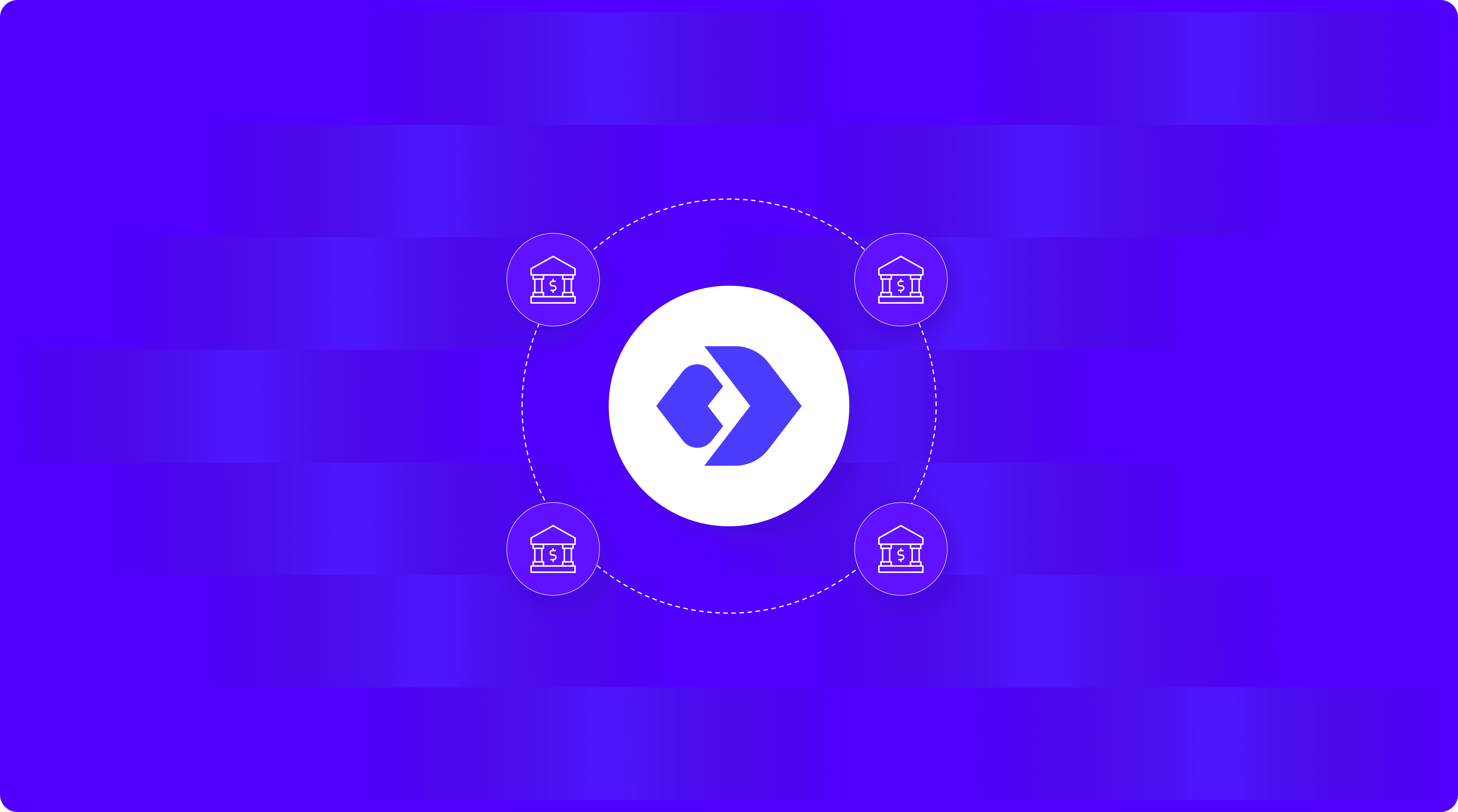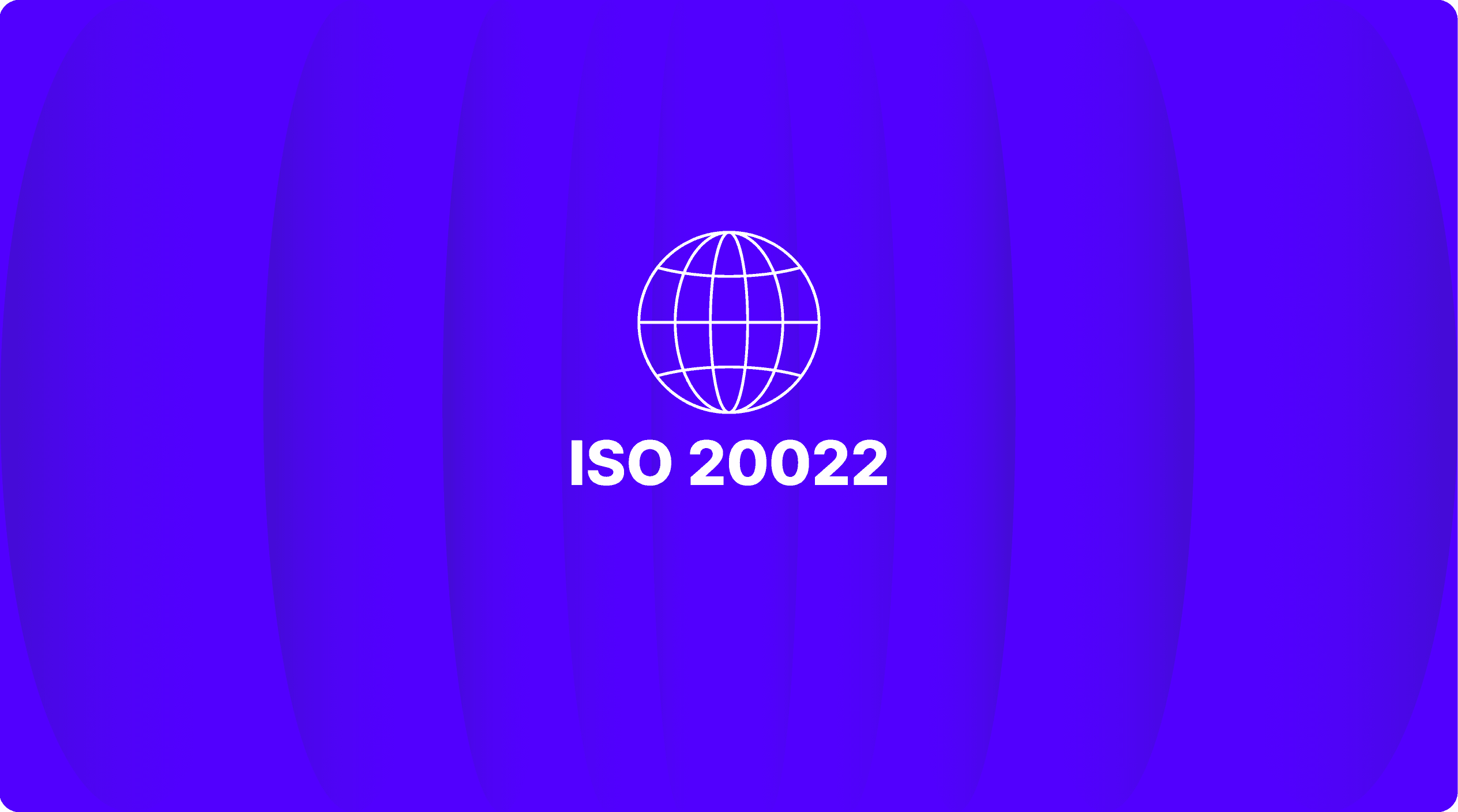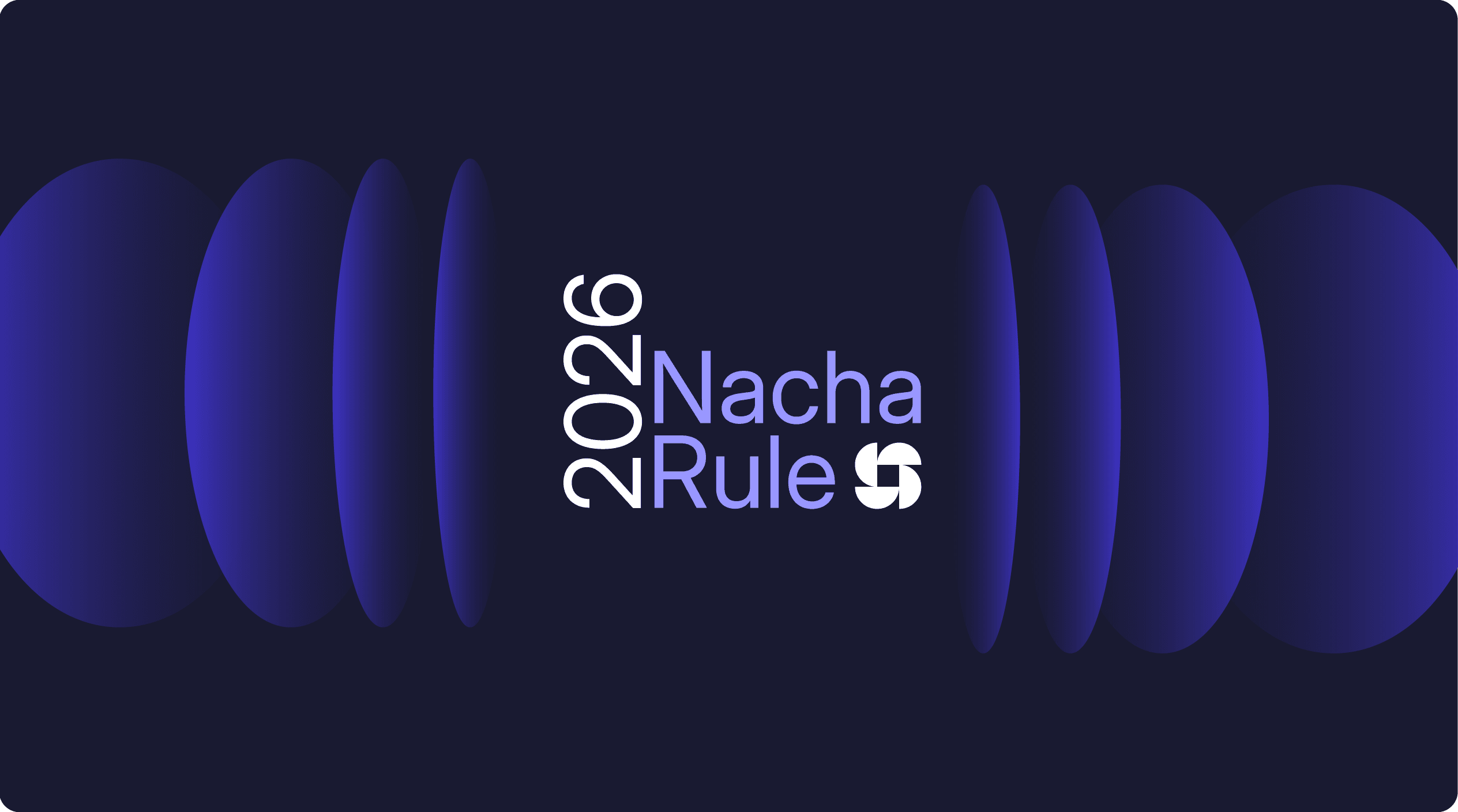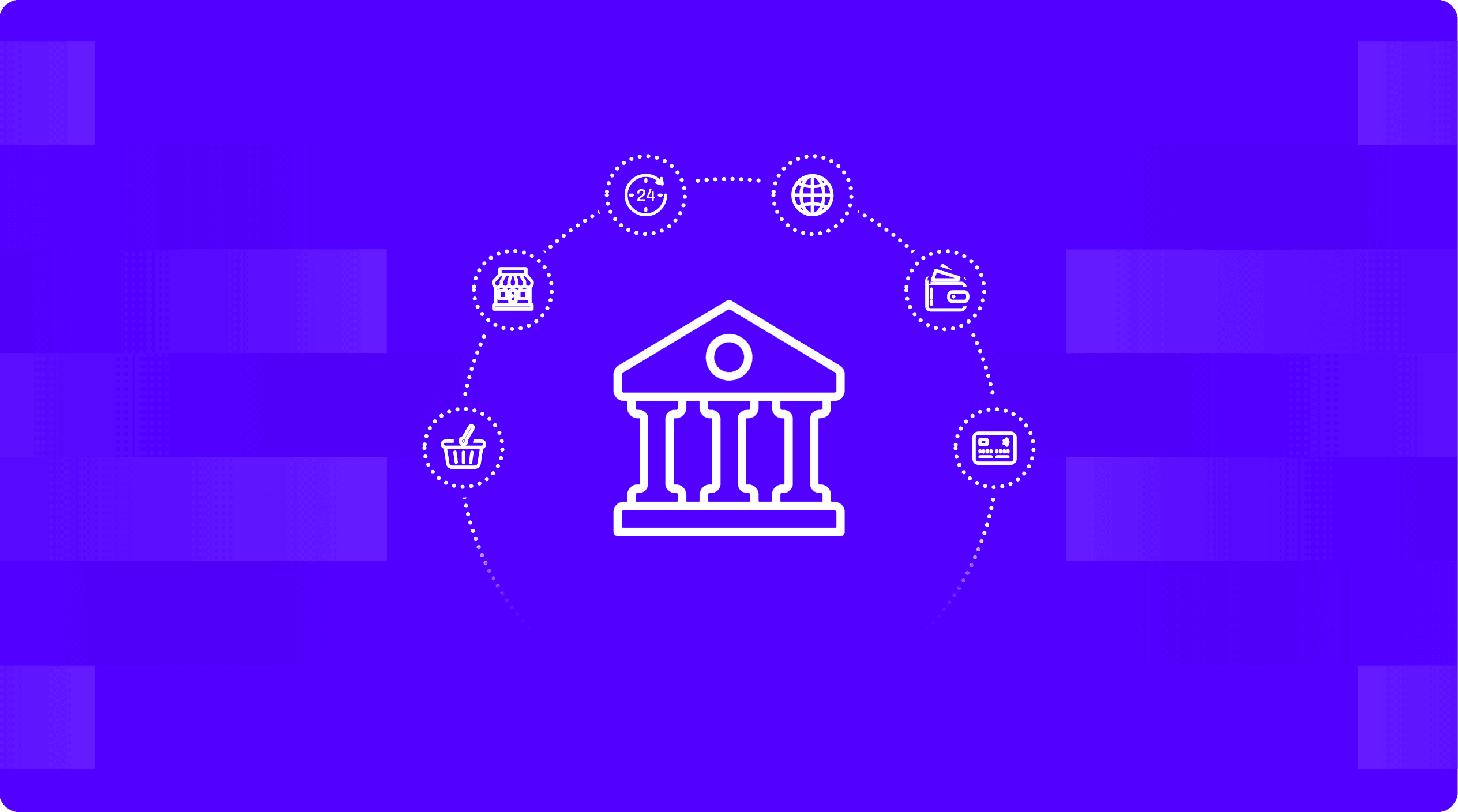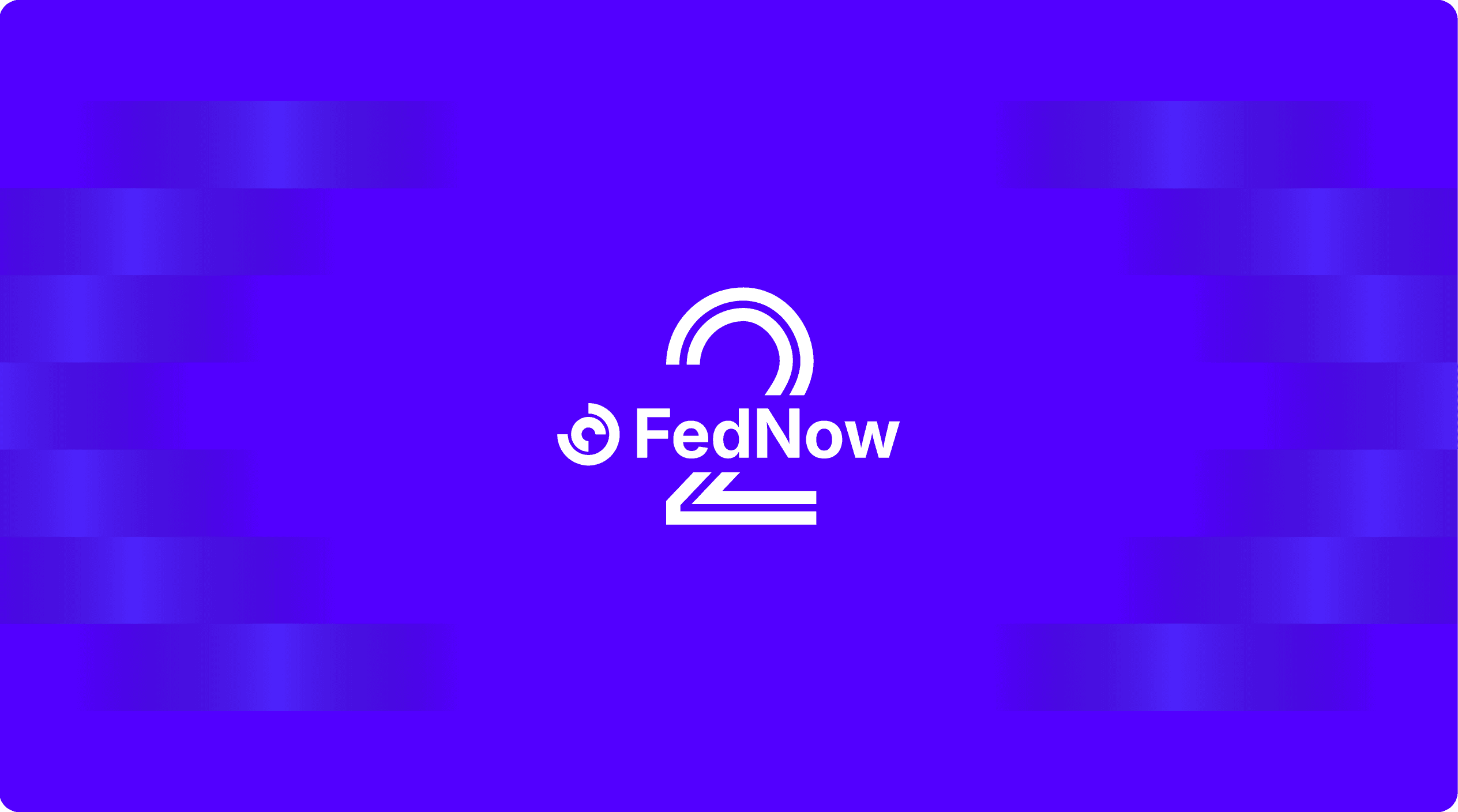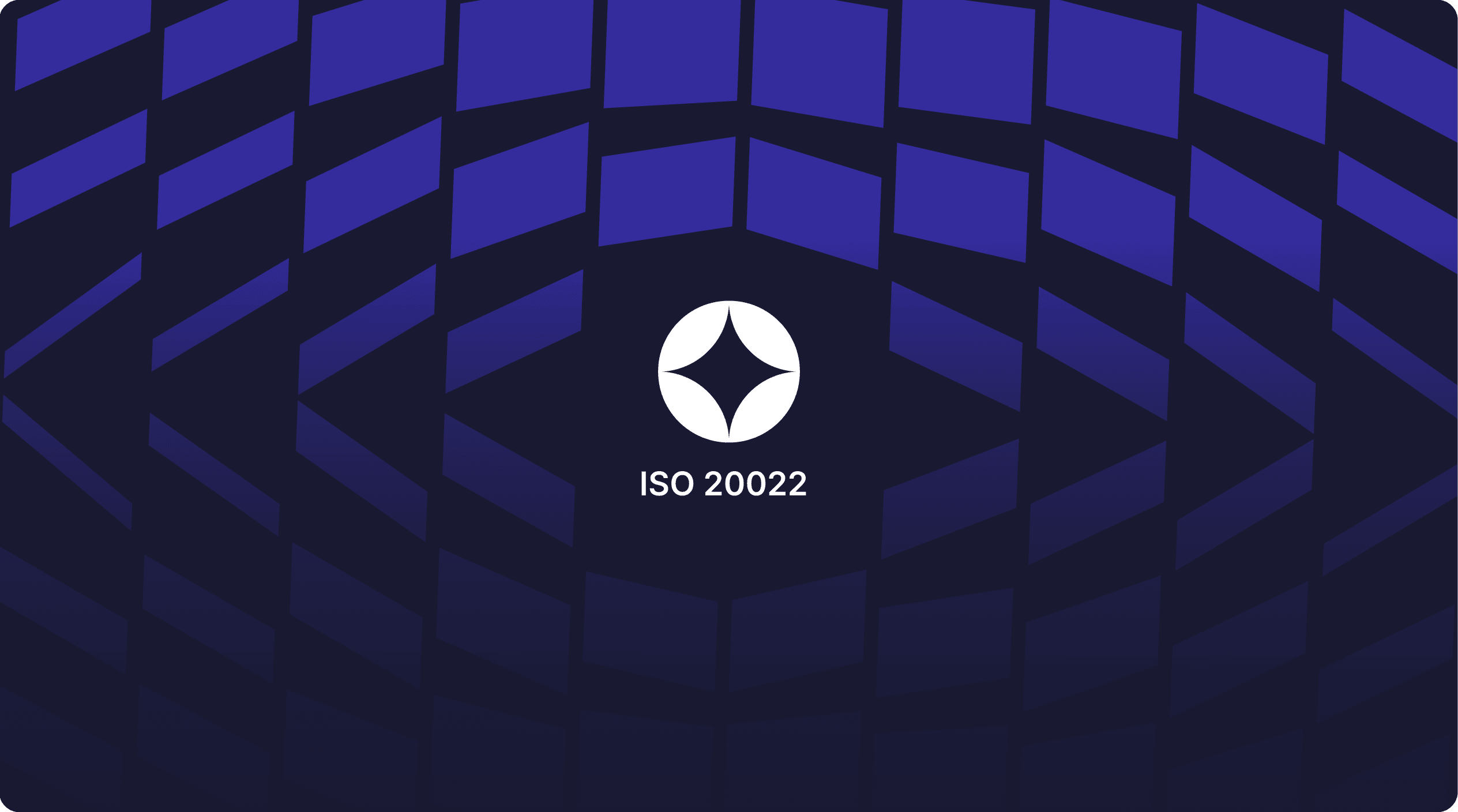Tired of soaring ACH costs? It's time to modernize
The Automated Clearing House (ACH) network is the unsung hero powering countless financial transactions in the United States. From direct deposit paychecks to social security payments, ACH ensures the smooth flow of money into people's accounts. However, many banks still rely on outdated mainframe technology for their ACH systems, struggling to keep pace with today's real-time economy. Modernizing ACH infrastructure is no longer just a recommendation - it's a necessity.
Behind the Scenes: Rising Complexity and Costs
While ACH may seem seamless to end-users, banks are grappling with heightened complexity and soaring operational costs. Manual interventions required for ACH exceptions can cost banks up to $35 per transaction. As payment volumes increase, so do exceptions and the need for costly human oversight. To put this into perspective, having around 10 operations staff members working in shifts to manage exception processing for payments can quickly add up to a significant expense for banks. With billing rates ranging from $20 to $30 per hour for these workers, a bank could easily be spending thousands of dollars per week, just on the labor costs associated with monitoring and resolving transaction exceptions. Software licensing, hardware maintenance, and support contracts severely bloat IT budgets for ACH maintenance and upkeep.
Middleware for ACH: Duplicating Costs, Not Eliminating Them
While middleware can provide a stopgap solution for exposing legacy ACH systems via modern APIs, it often comes at a significant operational cost for banks. With middleware acting as an intermediary layer, financial institutions must bear the expense of maintaining dedicated teams to monitor and resolve issues across both the core ACH platform and the middleware itself. This redundancy in human resources, compounded by the rigid nature of middleware leading to more manual exception handling, can quickly escalate costs. Ultimately, fully modernizing ACH infrastructure to be natively API-compatible proves to be a more cost-effective long-term strategy compared to layering middleware band-aids over aging systems.
Driving Modernization: Efficiency and Adaptability
According to Michael Dowling, Chief Product Officer at Finzly, there are two key drivers for ACH modernization:
- Improving Operator Efficiency: By modernizing their technology stack, banks can streamline internal processes, automate workflows, and realize significant efficiency gains.
- Adapting to Evolving Payment Services: New payment rails like FedNow and RTP are gaining traction. Modernized systems can seamlessly integrate ACH, FedWire, and emerging services, enabling consistency and leveraging efficiencies across all payment types.
The Importance of Real-Time Posting: The imperative for B2B payments
Atul Choudhari, Director of Payments Technology, emphasizes that "real-time posting of payments" is essential for effective cash management, especially for corporate clients. Same-day settlement transactions empower better cash flow management compared to end-of-day batch processing. The advent of real-time payment systems like RTP and FedNow has set new expectations for seamless payment experiences, which ACH can meet by adopting modern technologies.
The Future of ACH
With a proven track record and diverse use cases, ACH is here to stay. As highlighted by Nacha President and CEO Jane Larimer, Direct Deposit via ACH provides safety, ease, and convenience for a wide range of transactions, from tax refunds to insurance claims and veterans' benefits. However, banks must modernize their backend systems to meet evolving demands, reduce operational costs, and deliver the real-time experiences customers now expect. By investing in ACH modernization, banks can position themselves for long-term success, driving efficiency, adaptability, and an exceptional customer experience in the digital age.
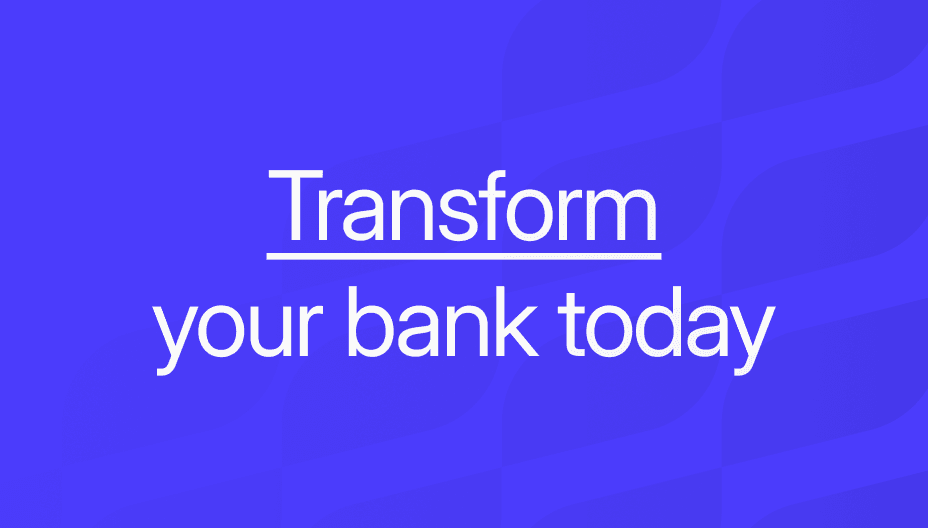
Get the monthly newsletter
Get the Finzly edge through our insights
